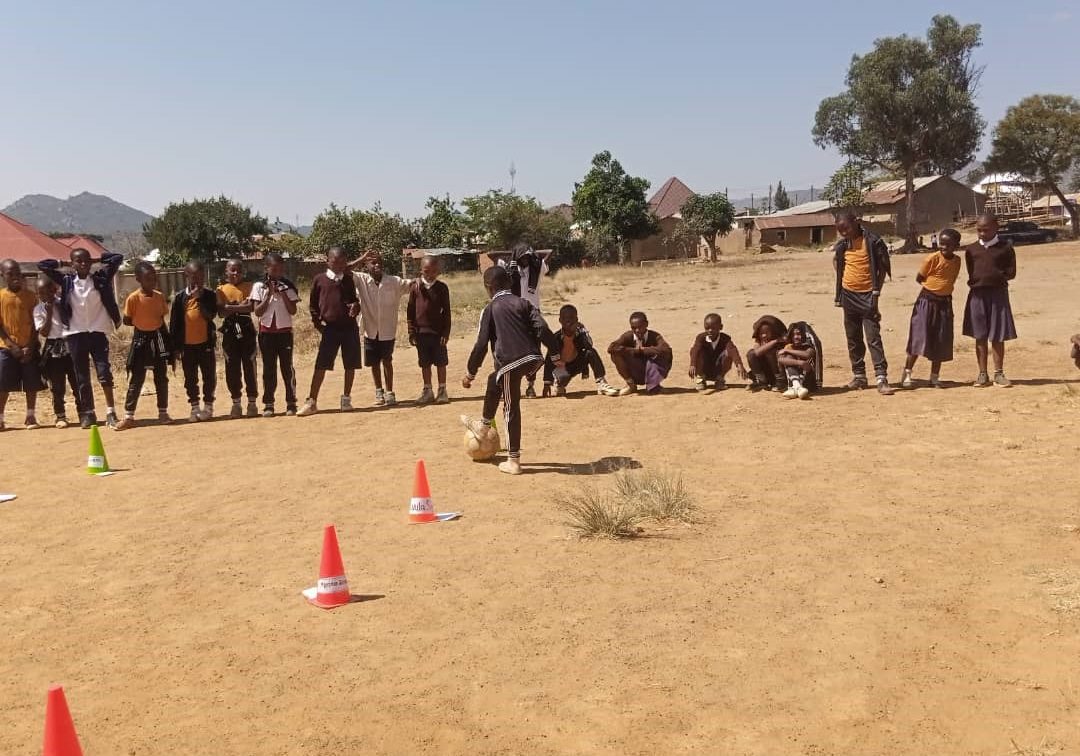
Summary..
The project targeted children and youth aged 10 -24 years in and out of school both girls and boys. Peer pressure at this age is powerful and many lack information on prevention measures against HIV, teenage pregnancy, STI’s, family planning, reproductive health and alcohol and drug abuse, High risk of contracting sexual transmitted infection, communicable and non-communicable disease. The project will help them to become aware and take precautions. Young people need to be engaged in advocacy efforts to decrease their vulnerability by forming networks in order to strengthen their efforts as young people are the true agents of change.
PROJECT INTERVENTION CONDUCTED:
Outcomes:
Increased HIV & Malaria knowledge, Increased knowledge of Malaria prevention and treatment Increased self-efficacy, Increased communication about HIV and sex, Decreased stigma Increased probability to test, Improved attitudes towards health services (malaria, HIV), Improved decision making, Increased knowledge of benefits of communicable and non-communicable disease.
Behavioral Outcomes
Delayed sexual debut, increase condom usage, increased circumcision rates, Increase HIV & Malaria testing
Increased use of bed nets, increased intake of malaria medication, decreased age-disparate sex, reduced % youth with more than 1 partner and increased uptake of VMMC.
.
Activities:
HIV & Malaria testing events, Mentor Relationship between coach and Participants, Play-based activities on malaria prevention and treatment, to conduct community and Youth dialogue and debate, to prepare IEC (Information, Educational and Communication) materials, to conduct meeting for football event.
CHALLENGES..
-
Inadequate facilities (Pitches) for program interventions we depend on the pitch at FFH Centre. Other are schools pitches which sometimes are used by the school. We are trying to talk with universities who have pitched more than one to allow us to use them. We are planning to find land where we can construct a big pitch. AND Limited funding is another challenge, some of the projects which were supporting program have ended so we are doing resource mobilization to find other donors to support the project, also we are contacting other streetfootballworld network members who are ready to partner in funding programs.
-
· Most of the schools were doing exams, so we decided to change the time to conduct once per week.
-
We had one challenge during the sessions number of participants who are interested are bigger compared to the appropriate size group and you can’t give them education all at the same time so need to wait until the second selection.